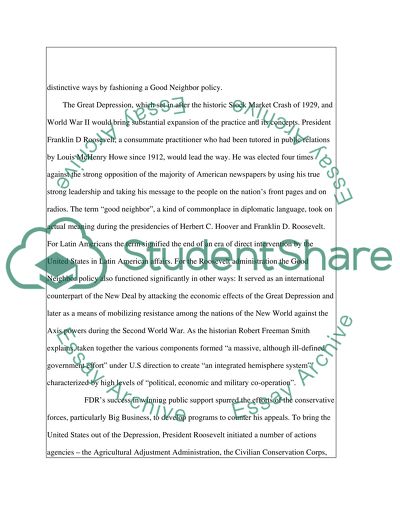Cite this document
(“The rise and influence of Franklin D. Roosevelt during World War 2 Essay”, n.d.)
Retrieved from https://studentshare.org/history/1531558-the-rise-and-influence-of-franklin-d-roosevelt-during-world-war-2
Retrieved from https://studentshare.org/history/1531558-the-rise-and-influence-of-franklin-d-roosevelt-during-world-war-2
(The Rise and Influence of Franklin D. Roosevelt During World War 2 Essay)
https://studentshare.org/history/1531558-the-rise-and-influence-of-franklin-d-roosevelt-during-world-war-2.
https://studentshare.org/history/1531558-the-rise-and-influence-of-franklin-d-roosevelt-during-world-war-2.
“The Rise and Influence of Franklin D. Roosevelt During World War 2 Essay”, n.d. https://studentshare.org/history/1531558-the-rise-and-influence-of-franklin-d-roosevelt-during-world-war-2.


